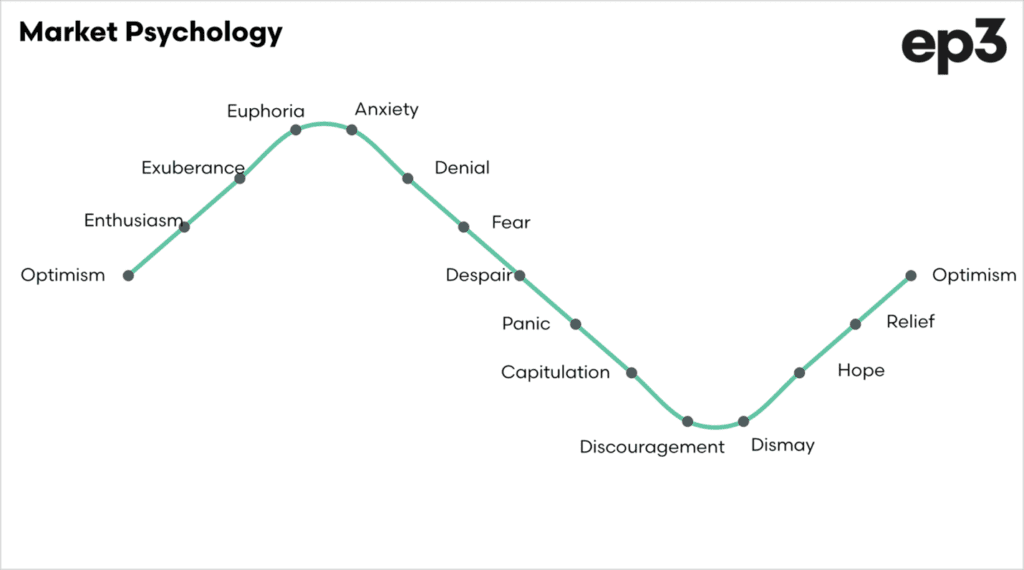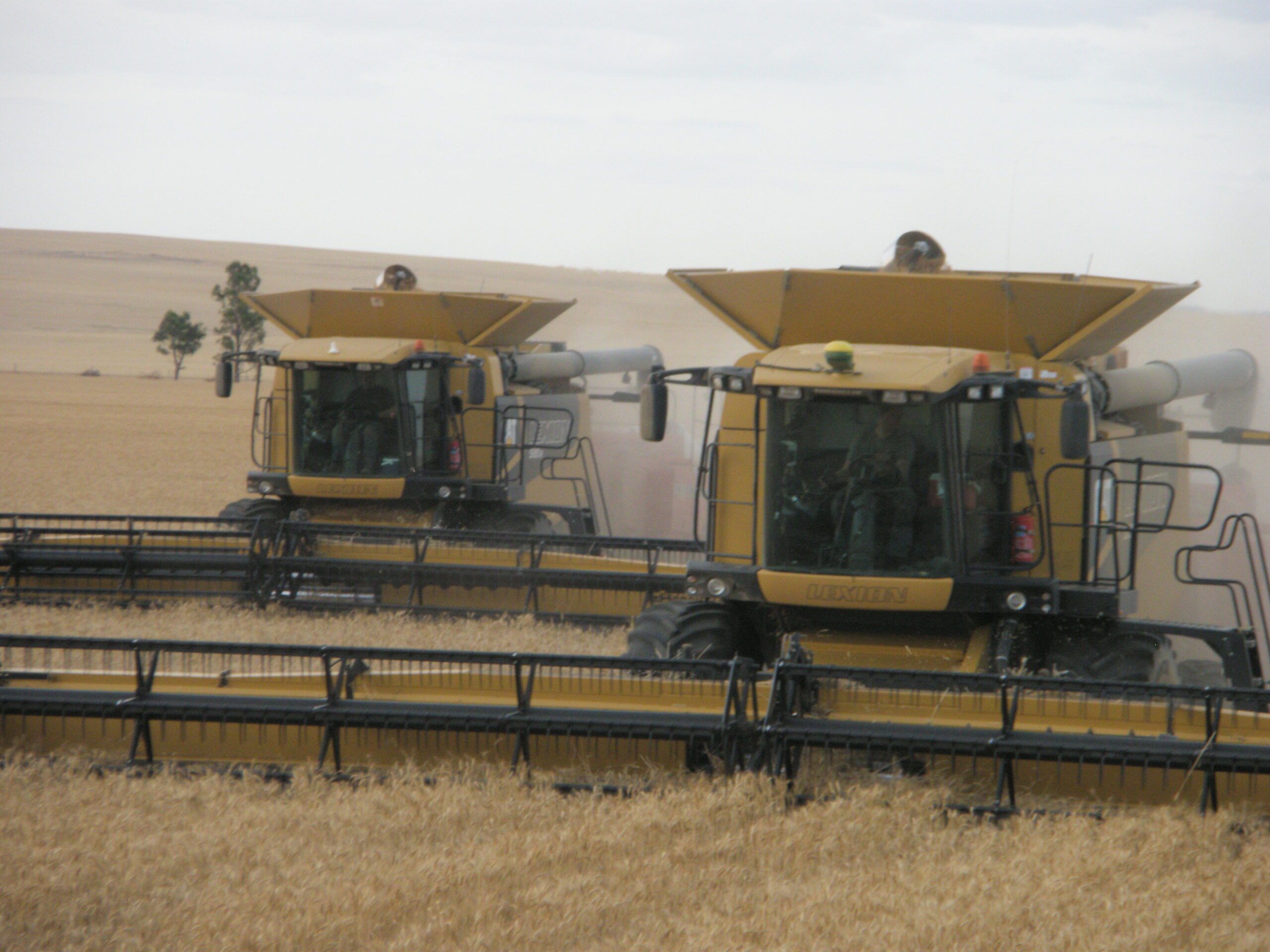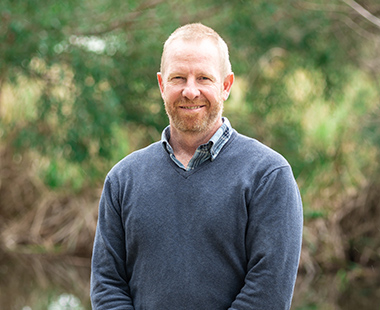
At the end of last year, after much to-ing and fro-ing, I purchased a new TV and eventually decided to go with an LG. As you know, smart TVs come with streaming apps and preinstalled catch-up channels; some, such as the LG, have their live channels.
Just recently, as I was about to turn the TV off and head to bed, my attention was drawn to the ‘Live’ channels at the bottom of the screen, one of which was the US version of Deal or No Deal. If you were born after 1990, you could be excused for not having heard of the show as it ran in Australia from 2003 to 2013 (it made a comeback this year), but most of those reading this should recognise the name. If you have got no idea what I’m talking about or want to waste another 30 minutes of your life, click HERE for some snippets of the older version of the show.
I raise this because I found myself standing there 15 minutes later, wondering if the contestant would take the money on offer or take the risk and open more briefcases to win more—and if you know how the show works, possibly lose most of what was on the table.
So why am I talking about Deal or No Deal, and what does it have to do with grain marketing?
It may seem like a tenuous link to some of you, but I couldn’t help but compare the decisions the contestants face to those we and our clients must make regularly throughout the year.
The show’s premise, and sometimes the decision-making process of selling your grain, is Risk vs Reward. Some would also say that it’s about Greed vs Fear. Do you take the offer from the banker or open more briefcases and risk it all to win more? Is the fear of leaving money on the table or greed making a contestant play on? As a grower, do you commit to selling more or less of your crop than you usually would at a particular time in the hope that prices move in a favourable direction? In both scenarios, the contestant and the grower must live with their decision.
It depends on the individual making (or sometimes not making) the decision; a combination of both is entirely plausible. After all, all growers aim to produce the best crop they can and, with some help, perhaps, sell it at the best price possible.
Yet, what is the best price? We will only know this with the benefit of hindsight, so, in the meantime, we must make decisions based on a combination of the information at hand and the strategy we have in place – and once these decisions are made, we must live with the consequences. Many would admit, perhaps with tongue firmly in cheek, that greed stops them from making a sale when the price is historically high (assuming there is something to sell). I would argue that the fear of making the wrong decision sometimes causes decision-making paralysis rather than greed. How often have you said or heard, “Well, we know the price will go up tomorrow because I’ve sold some today”? If you have more to sell, this is what you want to happen, but if it’s the last parcel, then I think some growers are trying to minimise regret by passing on a grain sale rather than being greedy.
So, if that is the case, how do we deal with, or overcome this feeling? Is it possible to be in a position whereby you have no regrets about any grain marketing decision you make? I highly doubt it but there are some strategies/mindsets that you can employ to make things easier. Before that though, we need to understand what regret is and how it is felt in terms of selling grain.
Regret is the emotional pain you feel about something that you did, or did not do, and it is often called a useless emotion because you can only regret what has already taken place and can’t change things after the fact. In a grain marketing sense, it’s that feeling you might have after making a decision that appears to go wrong as you take responsibility for a loss or miss out on a gain.
Regret can also be felt by selling too soon or not. Since grain marketing is a continuous undertaking, past decisions and how you think of them can play a role in future marketing decisions.
While not perfect, the chart below depicts the rollercoaster of emotions we can experience when making decisions in a volatile price environment.

So, how do we minimise the chances of feeling regret after deciding or reduce the fear of making the wrong decision to empower us to make one? The suggestions below are based on growers having the confidence to forward sell their crop, or, for those who do not, I am assuming they have grain in the bin to sell.
1) Avoid underselling your crop, especially when high decile prices are available.
Surpassing yield expectations can be comforting, but every tonne a farmer doesn’t account for in their marketing plan is another tonne subject to whatever price the market dishes up later. And that’s far from
comforting, especially when the prices dip – like we currently see in wheat. The time of the season has an impact here, but keeping your expected yield up to date is important.
2) Try to reward the rallies, particularly in a volatile market.
Often, sales are made because the price is good, but too often, hesitation occurs because the price is good for a reason, and you hope it will continue to rise. If prices drop, regret sets in that you didn’t sell more. If you only reward the rally in a small way and feel you will have significant regret if prices continue higher, then perhaps you need to re-enter the market.
3) Don’t fixate on the grain you’ve already sold.
Easier said than done, I know, but there is often a tendency to focus on the 500t sold yesterday rather than the remaining 3,000t left to sell, depending on how the market swings after the trade. How many of
you have secretly hoped that the market would go down after a decision to sell, even though the rest of your production would benefit from higher prices? You know it’s completely illogical, but it’s internal pressure to justify a selling decision. Remember that the opportunity is now, so don’t look back; make the decision and move on.
4) Try to imagine the worst-case scenario before deciding.
It’s been well documented that if we anticipate regret before making a decision, bearing in mind that the market always moves (up or down) after a decision, we are less likely to experience emotional pain when we look back. This is very applicable to those in marginal areas who traditionally struggle to forward sell anything. Calculating different yield and price scenarios based on historical yields will go a long way to
controlling your emotions when making grain marketing decisions. In addition to this, setting price targets based on a set profit margin per hectare will also give you some comfort knowing you have made
some profitable sales. This is where putting energy into strategy and planning can help remove the emotion from your grain marketing and reduce the regret felt after deciding to sell.
And therein lies the difference between a game show contestant and a grower selling grain – the contestant is purely playing the odds and guessing with each decision as the risk/reward and greed/fear scenarios control their emotions. In contrast, a grower should have a solid plan to help mitigate those emotions. Don’t get me wrong, sometimes the market can be downright illogical, which can make the best-laid plans come unstuck, but effective and successful grain marketing is a cumulative skill; mistakes and regrets are part of the learning curve and while there is no silver bullet, perhaps the closest thing to it is a clear but flexible marketing strategy that is adaptable to the ever-changing market and seasonal conditions that come our way.
What do you think? Deal or no Deal?
Also, if you have another 45 seconds to spare, click HERE for an ad for the 2024 version of the show (and don’t tell me you haven’t felt or danced like Grant Denyer after a profitable grain sale).


